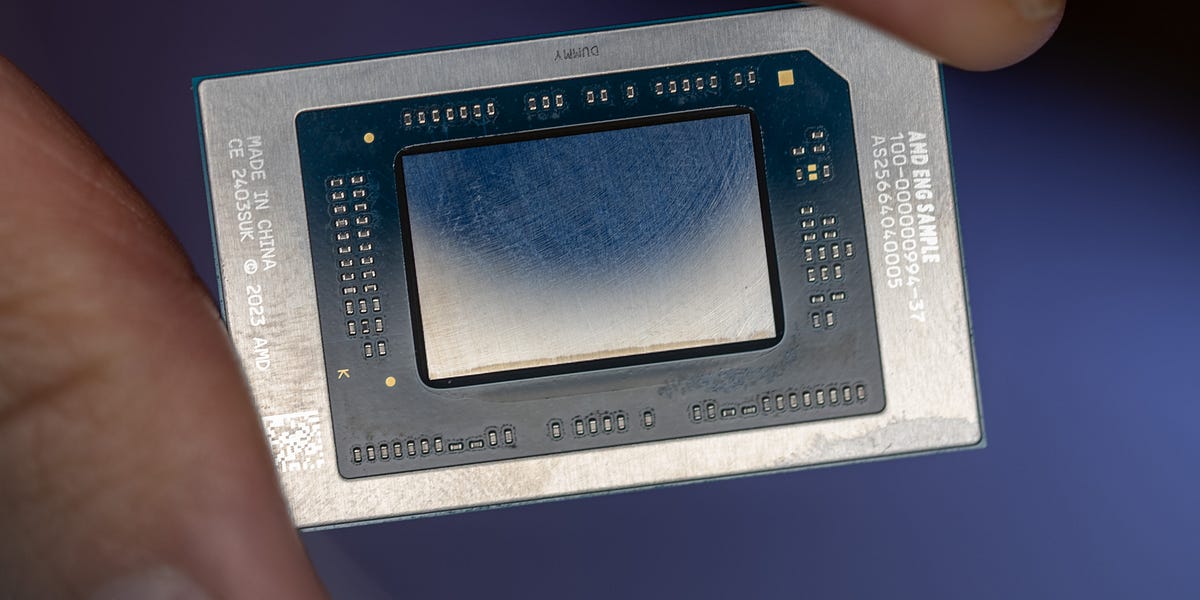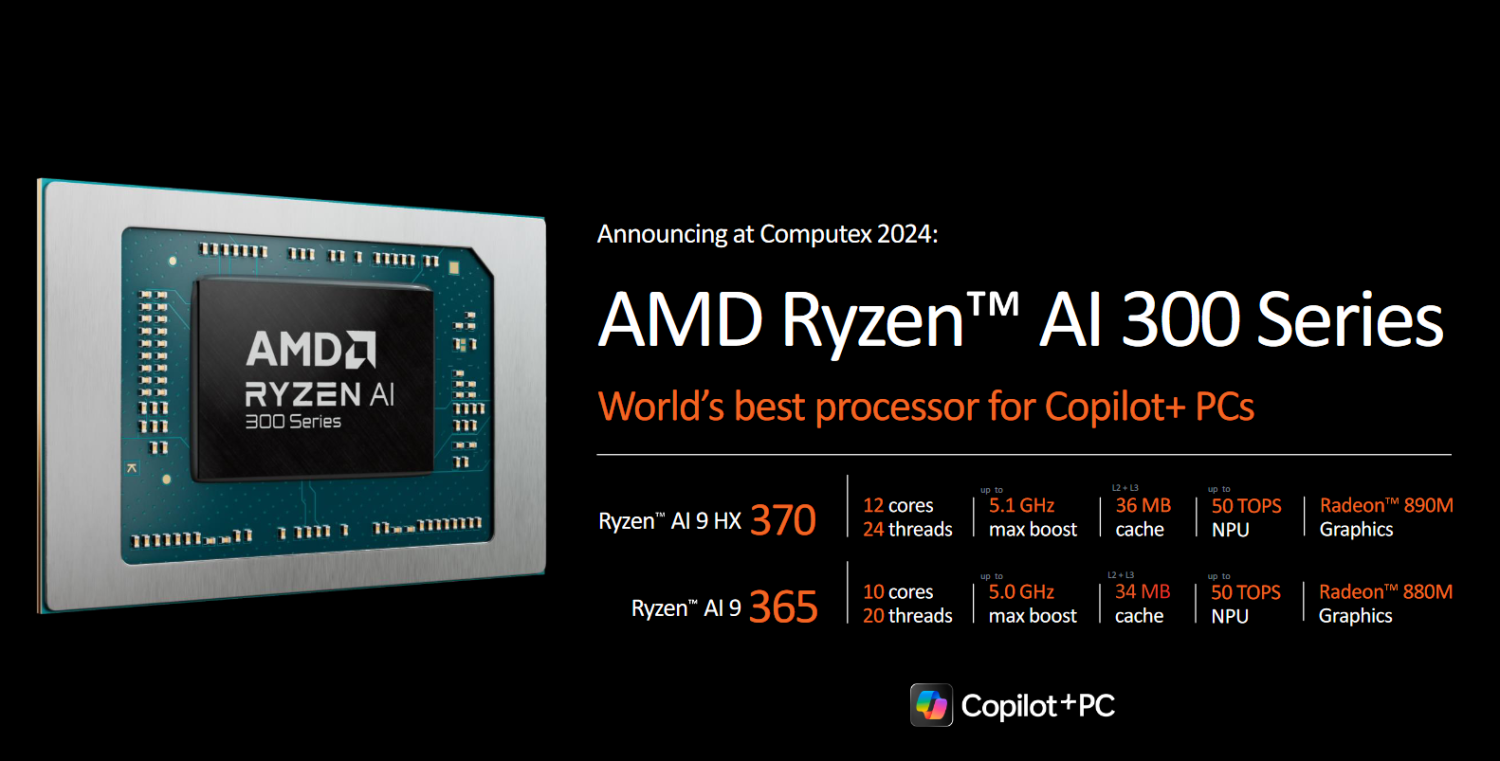


Advanced Micro Devices (AMD) has announced its agreement to acquire ZT Systems for approximately $4.9 billion in a cash and stock deal. This acquisition, which includes a contingent payment of $400 million, is structured with 75% cash and 25% in AMD shares. The deal aims to bolster AMD's data center technology, positioning the company to better compete with industry leader Nvidia in the rapidly growing AI sector [453c9692].
ZT Systems, based in Secaucus, New Jersey, reported $10 billion in sales over the past year, highlighting its significant presence in the market. AMD, which currently holds a 22% share of the graphics chip server market, is looking to enhance its capabilities in AI, a strategic priority emphasized by CEO Lisa Su. The acquisition is expected to close in the first half of 2025, with plans for ZT's manufacturing business to be integrated into AMD's operations [453c9692].
In addition to this significant acquisition, AMD continues to make strides in the consumer market with its Ryzen AI 300 series CPUs, which have recently shown dominant performance over competitors like Intel's Lunar Lake and Qualcomm's Snapdragon X in various benchmarks. The Ryzen AI 9 HX 370 CPU outperformed the Intel Core Ultra 9 185H and Snapdragon X Elite X1E-84-100 in categories such as PCMark 10 and creative applications, showcasing AMD's advancements in both AI and gaming performance [e968df48].
Moreover, AMD's Ryzen AI 300 CPUs are set to launch alongside the Ryzen 9000 series, built on the Zen 5 architecture, promising a 16% improvement in instructions per clock (IPC) compared to Zen 4. This series will feature a dedicated AI engine and support for DDR5 memory and PCIe 5.0, aiming to reshape expectations in desktop computing [0563b182].
The combination of the acquisition of ZT Systems and the launch of the Ryzen AI 300 series signifies AMD's commitment to expanding its influence in both the data center and consumer markets, as it seeks to challenge Nvidia's dominance in AI and graphics technology [453c9692].